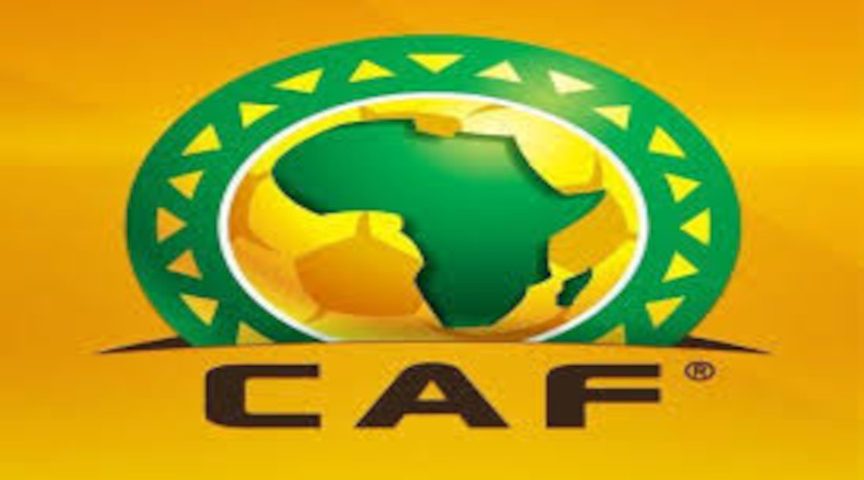CAF’s Ambassadors Programme Makes History

Historic AFCON (Part Seven)
January 3, 2024
Historic AFCON (Part Eight)
January 9, 2024CAF’s Ambassadors Programme Makes History

By Satish Sekar © Satish Sekar (January 8th 2024)
First Ambassadors Programme
The Confédération Africaine de Football (CAF) has announced that it has established an innovative programme, led by African football legends El Hadji Diouf, Asamoah Gyan, Ahmed Hassan and Augustine (Jay Jay) Okocha to highlight sporting legacy and social impact. The aim is to use their influence within Africa in particular to highlight CAF and African football – in my opinion it is high time Africa’s rich football legacy was celebrated and cherished.
These legends were chosen for their achievements on and off the pitch, contributions to their community. Their marketability and reputations will make it easier to highlight CAF’s achievements, tournaments, charitable efforts and social events.
It is hoped that these legends will also be able to create revenue streams and involve stakeholders to help deliver a bright future for African football. More African football legends will be announced as CAF ambassadors soon.
The Good that CAF has Done
Like any organisation – individuals too – CAF has flaws, but too often it has suffered from it being thrown out while the bathwater was retained. CAF exhibited rare principle from the get go by suspending a founder member the same month as it was founded. It risked everything by expelling South Africa from its first Africa Cup of Nations because the Apartheid State refused to allow non-white players to represent the country – that was an era that had great Indian origin players such as Links Padayachee and exceptional black footballers like Darius Dhlomo too. It should not be forgotten that the late Steve ‘Kalamazoo’ Mokone – the first black South African to play in Europe was playing for Coventry City in 1955, joining Heracles in the Netherlands in 1957. It cannot be suggested that he would not have been good enough to play in an integrated South African team in 1957, and that was what CAF wanted.
It led to CAF risking the first Africa Cup of Nations (AFCON) by only having three teams (Egypt, Ethiopia and Sudan) – the second edition also had the same teams two years later. It was a courageous and principled decision, and it was the right one. CAF did not compromise with Apartheid. CAF led the sporting boycott of Apartheid South Africa – too many think that South African football began in the 1990s – it did not. Football played an important role in African liberation struggles, including in South Africa. Sport, especially football, can change the world, and in Africa it did.
Little could be a greater contribution to humanity’s struggle for decency than football’s role in some of Africa’s struggle against colonialism, racism, white supremacy and Apartheid. CAF should highlight the good that it has done, especially its role in the fight against Apartheid, without which FIFA would not have banned South Africa – there could not be normal sport in an abnormal society.


